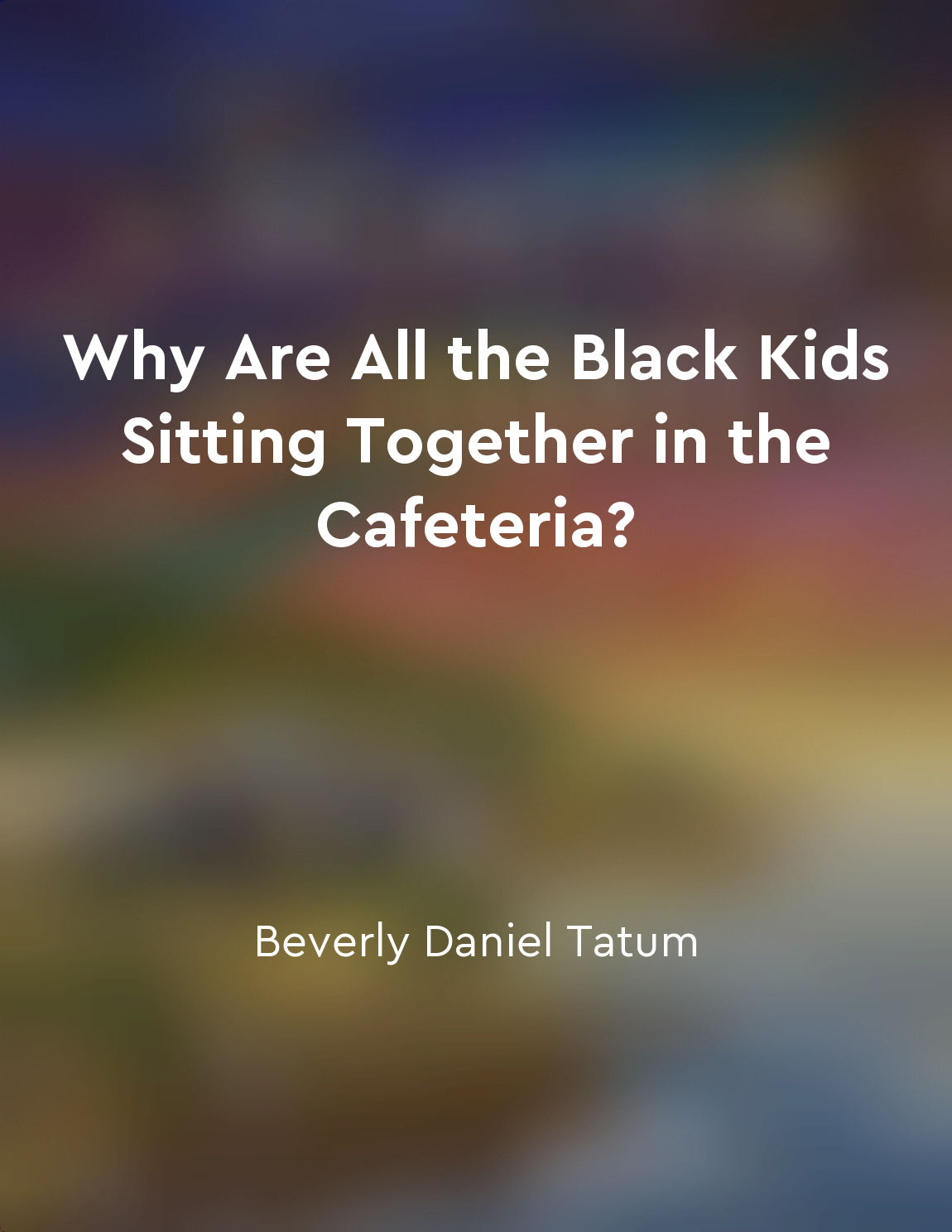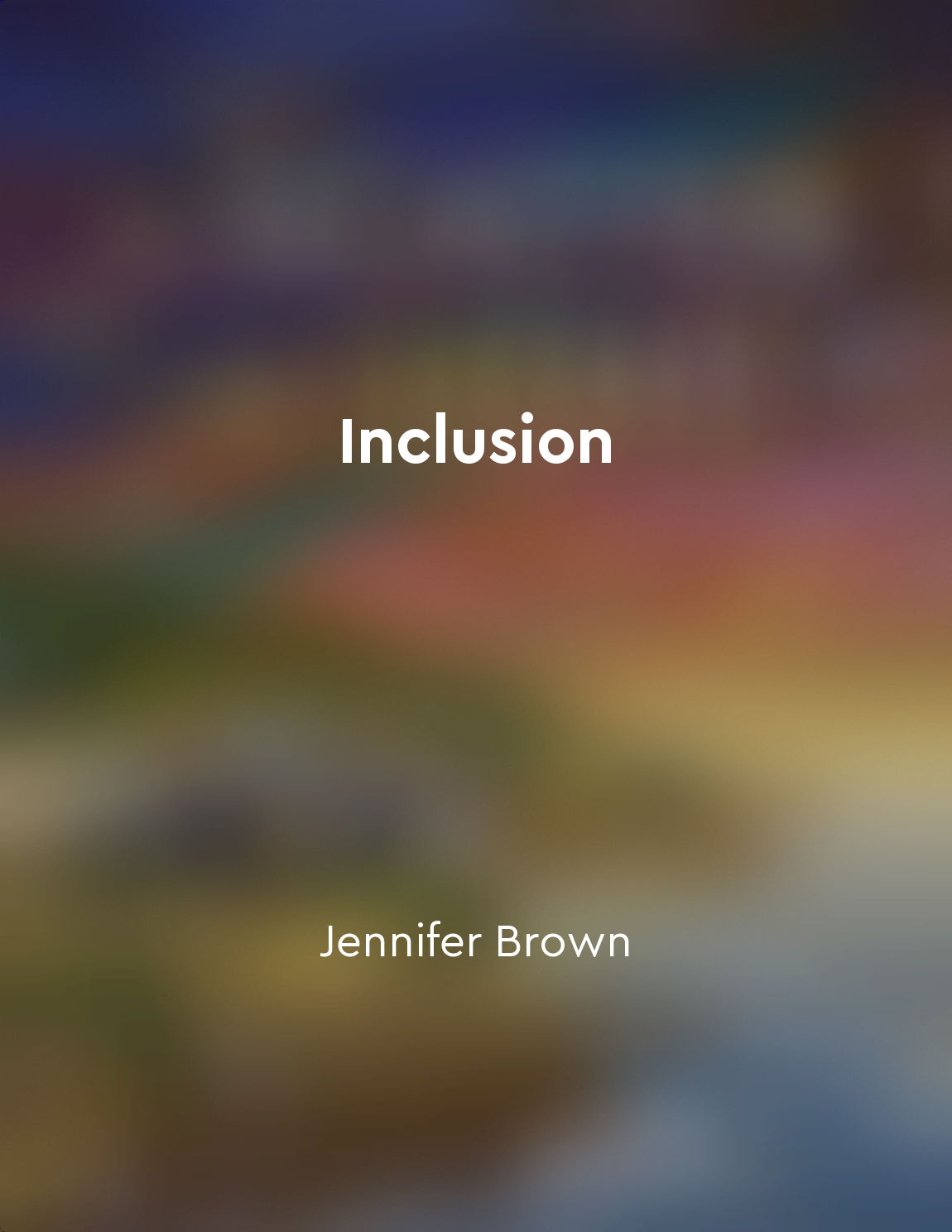Audio available in app
Champion the marginalized and oppressed from "summary" of Mahatma Gandhi : His Own Story by C. F Andrews
In the midst of my travails, the plight of the marginalized and oppressed has always weighed heavily on my mind. Their suffering, their struggles, their cries for justice - they have echoed in my heart and fueled my determination to bring about change. I have seen firsthand the injustices faced by those on the fringes of society, the discrimination they endure, the obstacles they must overcome simply to survive. It is not enough to simply acknowledge their suffering; one must actively work to uplift and empower them. To champion the marginalized and oppressed is to stand in solidarity with them, to amplify their voices, and to fight for their rights. It is a moral imperative, a duty that cannot be shirked or ignored. For in the face of injustice, silence is complicity. Throughout my life, I have endeavored to be a champion for the marginalized and oppressed. I have stood with the untouchables, the peasants, the laborers - those whose voices are often drowned out by the cacophony of the powerful and privileged. I have marched alongside them, advocated for their rights, and worked tirelessly to dismantle the systems of oppression that keep them marginalized. But my advocacy is not limited to words alone; I have always believed in the power of action. Whether through civil disobedience, nonviolent resistance, or grassroots organizing, I have sought to effect real change in the lives of the marginalized and oppressed. And while the road has been long and arduous, I have never wavered in my commitment to this cause. For me, championing the marginalized and oppressed is not just a political or social cause; it is a deeply moral and spiritual imperative. It is a reflection of my belief in the inherent dignity and worth of every human being, regardless of their station in life. And it is a testament to the power of compassion, empathy, and solidarity in the face of injustice and suffering.Similar Posts

Adolescence is a time of identity development
During adolescence, young people are in a period of intense identity development. This is a time when individuals are exploring...
Black bodies are often seen as targets for violence
The black body is always at risk. There is a belief in this country that your black body is disposable. It is a belief that has...
Confronting internalized prejudices
As a young black boy growing up in apartheid South Africa, I was constantly bombarded with messages that I was inferior. These ...

Allyship requires action
Allyship is not just about words; it's about action. It's about showing up for others, standing with them, and actively working...

Amplify underrepresented voices
The concept of amplifying underrepresented voices is crucial in creating a more inclusive society. It involves actively seeking...
Dialogue essential for critical consciousness
The importance of dialogue in the process of critical consciousness cannot be overstated. It is through dialogue that individua...

Importance of Martin Luther King Jr
Martin Luther King Jr. was a pivotal figure in the Civil Rights Movement. His leadership and advocacy for nonviolent protest br...

Embracing diversity enriches society
The idea that society benefits from embracing diversity is a recurring theme in 'In the Margins'. Through the characters and th...
Her journey is marked by pain and confusion
The protagonist's path is not one of ease or clarity. Instead, it is marred by a profound sense of suffering and bewilderment. ...

Challenging racist ideas
To be antiracist is to challenge racist ideas. To challenge racist ideas is to see racial groups as equals. To see racial group...
